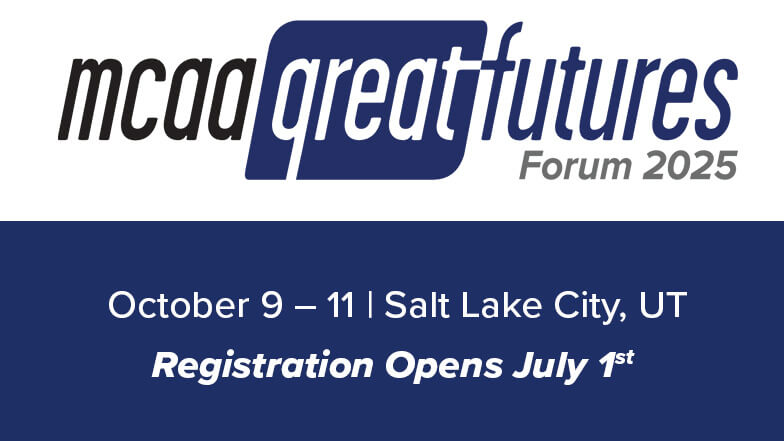
An analysis of more than 2,500 bids on 773 Illinois Capital Development Board (CDB) building projects between 2017 and 2023 has found that project labor agreements (PLAs) increased bid competition by an average of 14 percent, with each additional bid increasing the likelihood that projects would be awarded below their official engineer’s estimates by 6 percent. The report was published by researchers at the Illinois Economic Policy Institute (ILEPI) and the Project for Middle Class Renewal (PMCR) at the University of Illinois at Urbana-Champaign.
Project labor agreements are pre-hire agreements between construction project owners and labor organizations that establish the terms and conditions of employment for skilled craft workers on large infrastructure projects. They have a long history as a de-risking mechanism and construction management tool for both the public and private sectors, ranging from the Tennessee Valley Authority to the construction of modern NFL stadiums. Public PLAs allow both union and nonunion firms to bid on projects. Most include provisions for preventing strikes and lockouts, creating uniform work rules and safety standards, harmonizing schedules between different types of crafts, and delivering a stable supply of the sufficiently skilled labor that such projects demand.
“Due to its large public investments and broad utilization of PLAs, Illinois offers a unique case study on their effect on competition in the construction marketplace,” said ILEPI Economist Frank Manzo IV. “In general, more competition is the best way to maximize value for end-users and reduce costs.”

Researchers examined more than 773 CDB public building projects valued at over $1.2 billion over a seven-year period that included an Executive Order by Governor JB Pritzker directing state agencies to comply with the Project Labor Agreements Act, passage of the $45 billion Rebuild Illinois plan to maintain and modernize state infrastructure, and passage of the bipartisan federal Infrastructure Investment and Jobs Act (IIJA). Fully 499 of the projects during the study period were covered by PLAs, and 274 were not.
In every year but one, PLA covered projects averaged more bidders per project, delivering an average of 14% more overall bid competition after controlling for project size and complexity, project location, project type, and other factors using common statistical techniques known as “regressions.” Similarly, researchers were also able to parse out impacts on both the overall cost of projects and the likelihood that projects were awarded at an amount below their initial engineer’s estimates. Each additional bid was correlated with a 4 percent decrease in the award amount (or project cost to taxpayers) and a 6 percent increase in the likelihood that a project was awarded for less than initial estimates. In summary, while PLA-covered projects tended to be larger and more complex than the non-PLA alternative, they were no more costly to build after controlling for other important factors.
“While prior research has documented the positive effects of PLAs on project efficiency, safety, job quality, and workforce development, this data reveals that PLAs enable policymakers to control construction costs by promoting greater competition,” added study coauthor, PMCR Director, and University of Illinois at Urbana-Champaign Professor Dr. Robert Bruno. “By promoting greater bid competition, the data shows that PLAs stabilize and can even reduce project costs, while still promoting job quality, safety, and the stronger apprenticeship institutions this industry needs to meet its long-term labor supply needs.”
The report notes that during the study period, Illinois saw a 28 percent increase in skilled trade apprenticeship enrollments. As demand for construction services boomed in recent years, so did reported shortages of skilled labor. This led elected officials and industry leaders to seek out new ways to expand access to new businesses and domestic labor supply pools, particularly among workers and entrepreneurs who have historically been underrepresented in the industry. The data shows that PLAs offer a potential solution. For example, PLAs produced an increase in market shares for firms owned by military veterans, women, and people of color by as much as 2 percent.
“Many PLAs offer incentives for hiring local workers, contracting with local businesses, and investing in efforts to expand business opportunities and domestic labor supply pools into historically underutilized communities,” Manzo added. “The data reveal that PLAs can be a valuable tool for building more Illinois-based small business owners, boosting the number of construction firms bidding on public projects, combatting industry labor shortages, and attracting more workers to in-demand careers in the skilled construction trades—all of which lower costs for taxpayers.”





